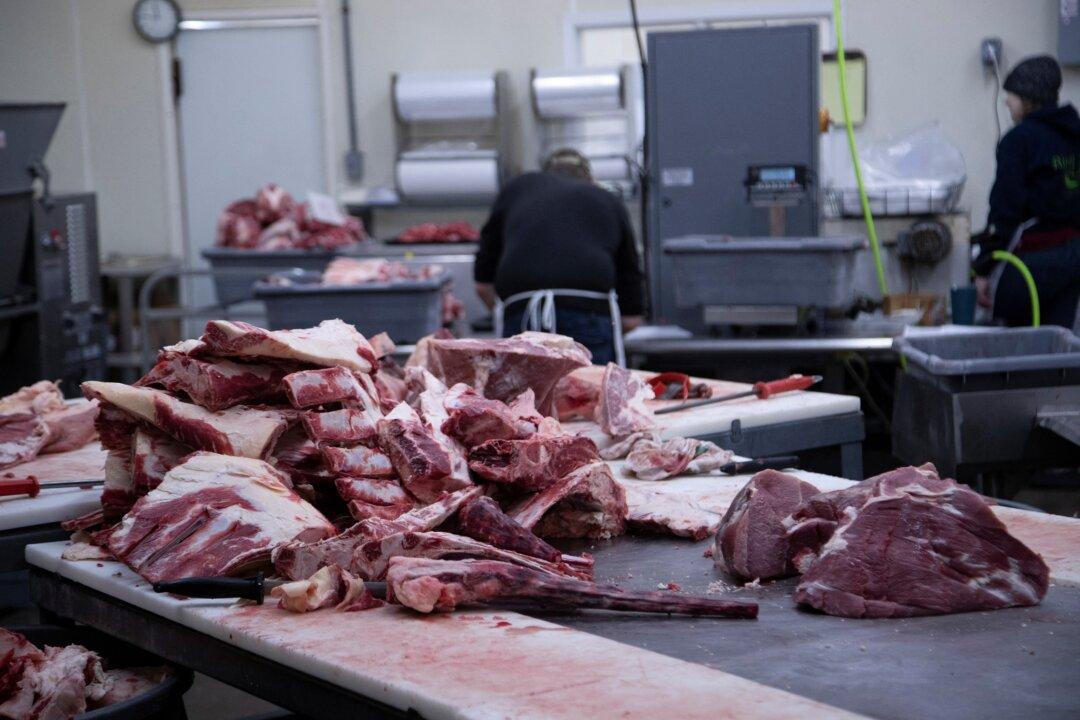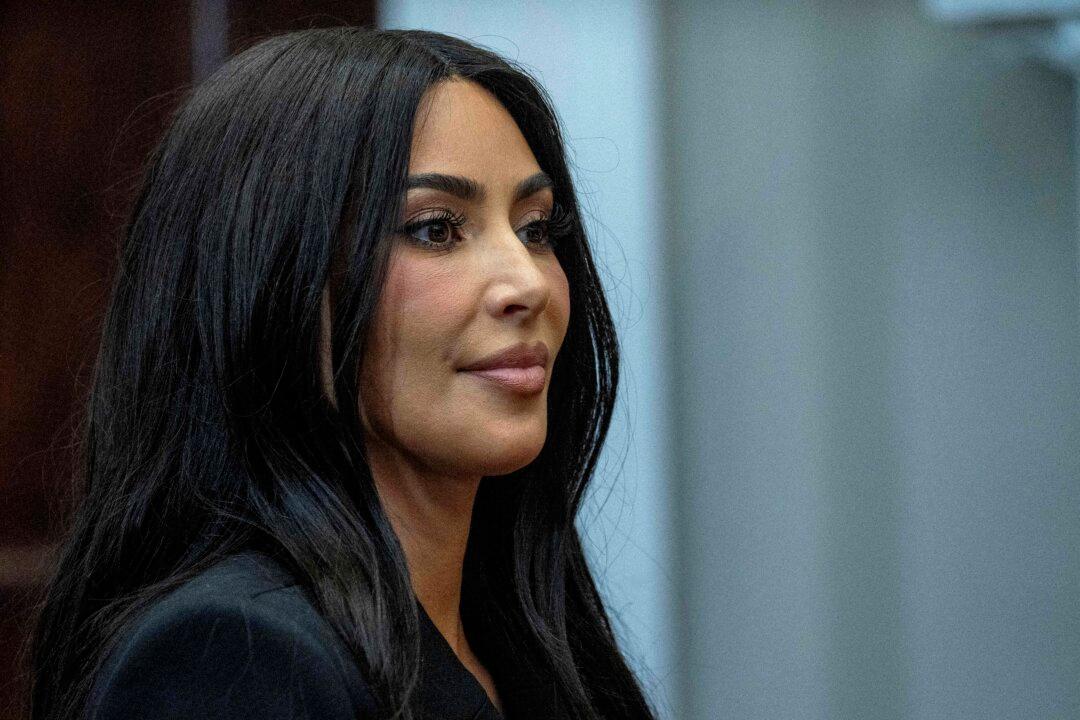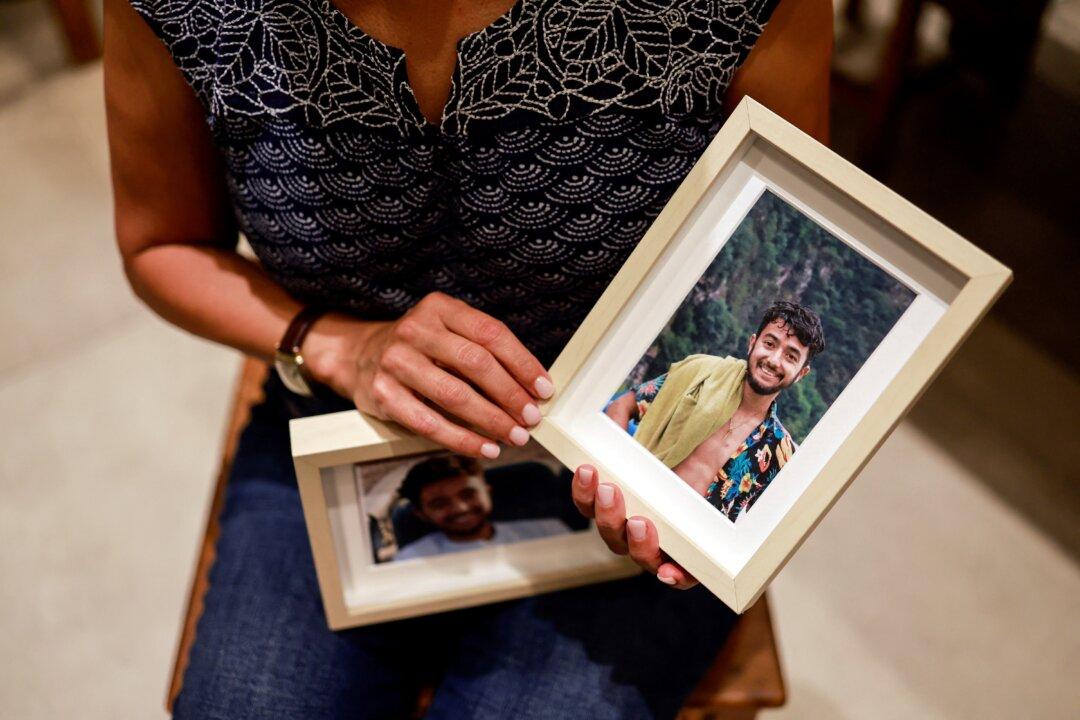BEIJING—U.S. Secretary of State Condoleezza Rice on Sunday urged China and other powers to back strong steps against Zimbabwe, but China’s foreign minister was non-committal on possible U.N.-authorised sanctions.
Zimbabwe has been among the international hotspots up for discussion during Rice’s tour through Asia, along with Iran and North Korea.
U.S. President George W. Bush has called for sanctions and said he would ask for U.N. action, including an arms embargo, against what he called Zimbabwe’s illegitimate government.
Rice pressed for Beijing’s support for such measures.
“It is really now time for the international community to act strongly, but we are consulting about the measures that might be taken,” Rice told reporters after meeting China’s Foreign Minister Yang Jiechi.
“It makes sense to deny the government of Zimbabwe the means to conduct violence against its own people,” she added.
As a veto-wielding permanent member of the U.N. Security Council and long-time partner of President Robert Mugabe’s increasingly isolated government, China could play a major role in shaping an international response to events in Zimbabwe.
Yang held back from saying where he stood on the U.N. steps floated by Washington.
On Friday, Mugabe pressed ahead with the election, in which he was the only candidate.
Reluctant
Beijing has traditionally been reluctant to impose sanctions, and has also been reluctant to step ahead of African Union nations, many of whom appeared opposed to such action against Mugabe ahead of a summit meeting.
In May, Beijing recalled a Chinese ship carrying arms to Zimbabwe after South African port workers refused to offload the shipment, saying the weapons could deepen Zimbabwe’s political crisis.
Yang said the arms shipment was based on a long-standing contract and, in any case, had not reached Zimbabwe.
Rice also pressed Yang on Tibet and other human rights matters, saying the Americans felt deeply about these.
Washington has been a vocal critic of China’s restrictions on political and religious life, including in restive Tibet, and has urged China to continue talks with representatives of the exiled Tibetan Buddhist leader, the Dalai Lama.
“The United States continues to be concerned about the situation in Tibet, and we want to encourage the dialogue that has begun there,” Rice said.
China’s state-run Xinhua news agency said on Sunday talks with the Dalai Lama, last held in May, would resume in July. The Communist regime denounces the Dalai Lama as a separatist.
Bush has rebuffed calls to boycott the Olympics, saying he views the Games as a sporting event. Rice said on Sunday that she too planned to go.




